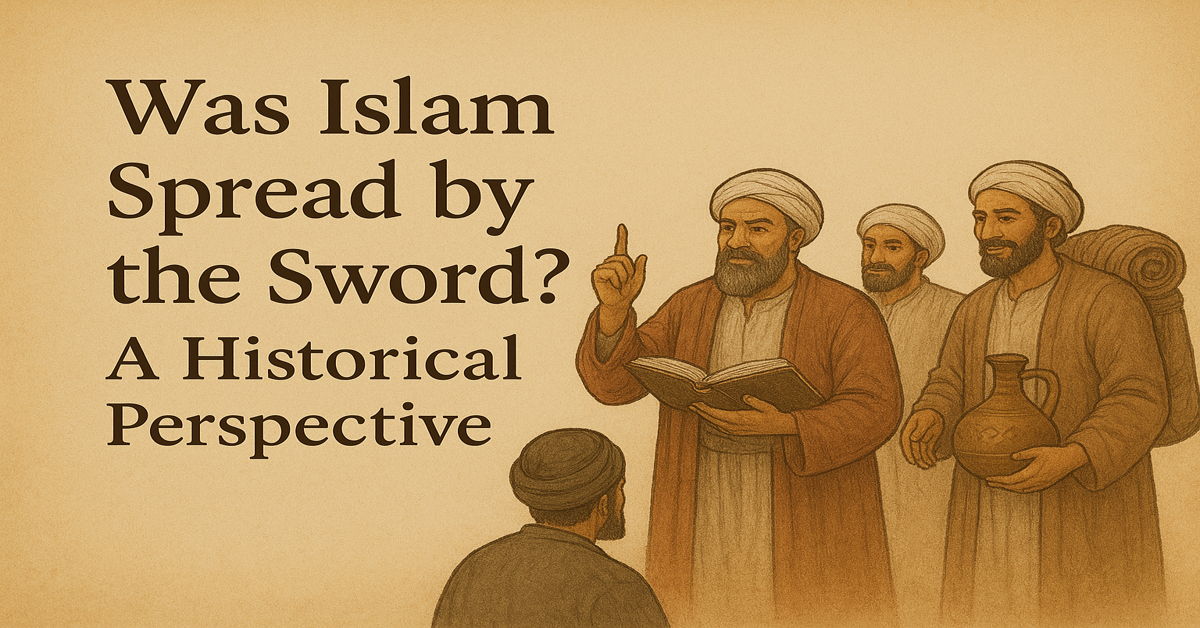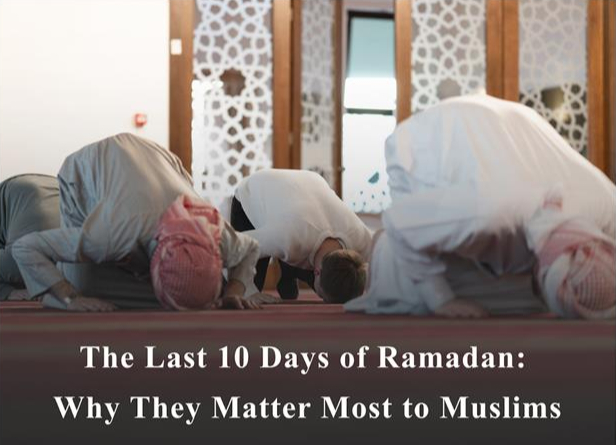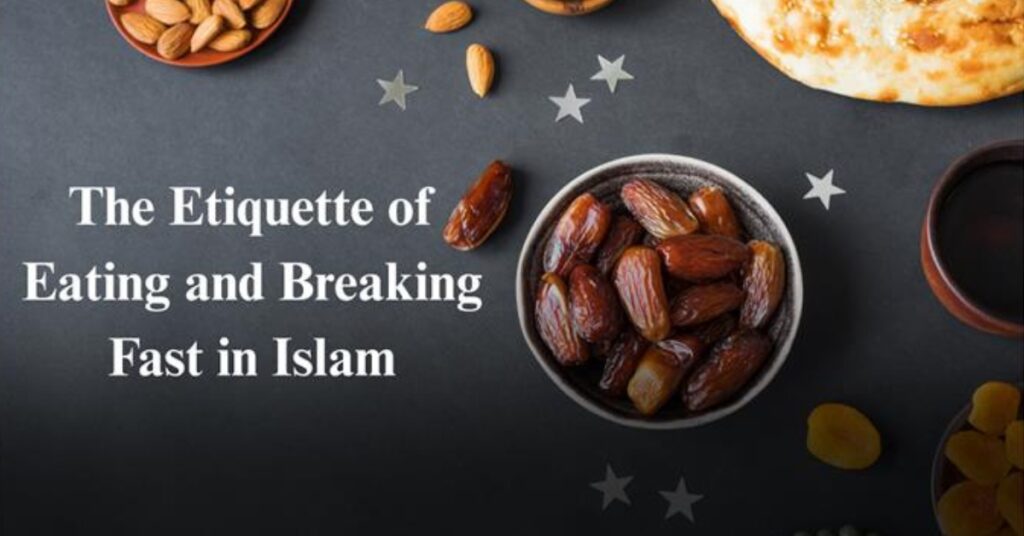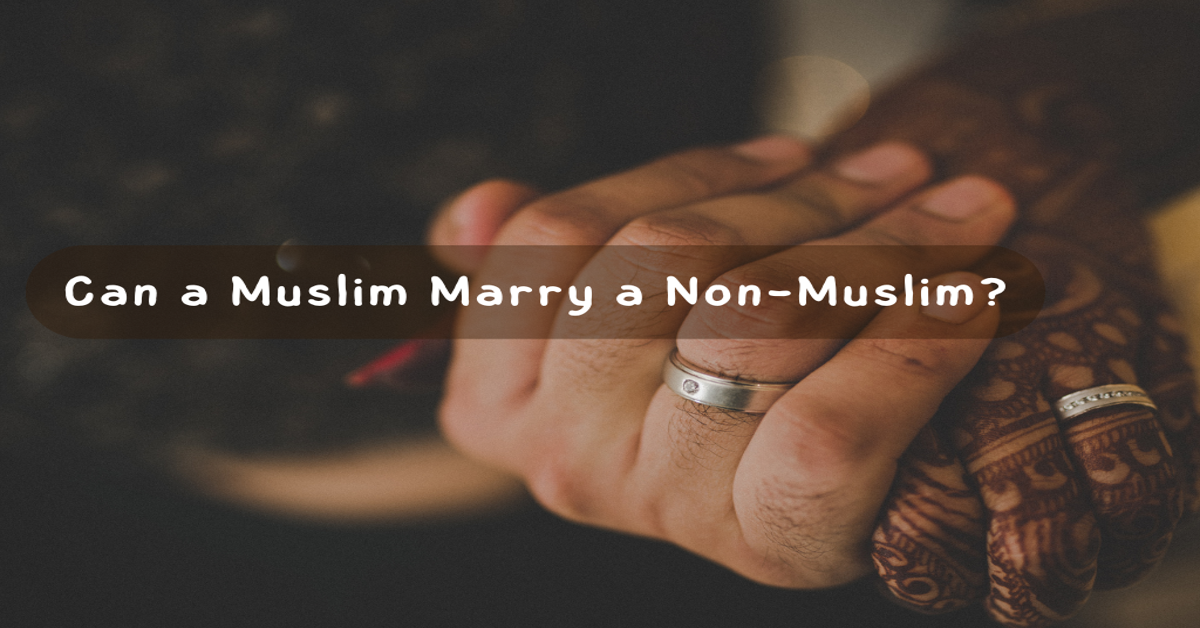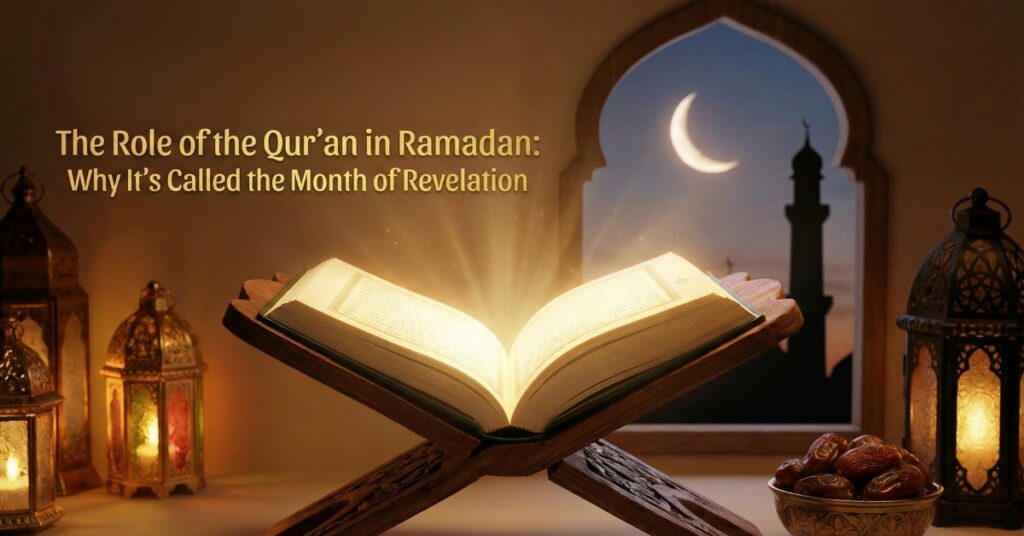For centuries, one of the most persistent misconceptions about Islam is that it was spread by force or violence. The phrase “Islam spread by the sword” is often used to paint the religion as violent and expansionist. But when we dig into the history of Islam expansion, Islamic sources, and the actual lived experiences of diverse Muslim communities, a different picture emerges clarifying our vision about this beautiful religion. Far from being a faith imposed at the edge of a blade, Islam spread primarily through its message of justice, compassion, and peace.
Islam and Peace: The Core Message
Islam is built on a clear foundation of faith and practice. Islam the word itself, is derived from the Arabic term “Salima”, which means peace. Islam is a religion of peace. It doesn’t encourage violence, hatred, polytheism, idolatry, forced acceptance of religion,and submission to God. The Quran constantly emphasizes freedom of belief:
“Let there be no compulsion in religion, for the truth stands out clearly from falsehood. So whoever renounces false gods and believes in Allah has certainly grasped the firmest, unfailing hand-hold. And Allah is All-Hearing, All-Knowing.” (Quran 2:256)
This verse alone counters the claim that Islam was spread by the sword. If the Quran rejects compulsion, then the idea of forced conversion contradicts the very foundation of Islam.
The Prophet Muhammad ﷺ himself reinforced this principle. In a famous Hadith narrated in Sahih al-Bukhari, he said:
“Whoever killed a Mu’ahid (a person who is granted the pledge of protection by the Muslims) shall not smell the fragrance of Paradise though its fragrance can be smelt at a distance of forty years (of traveling).” [Sahih al-Bukhari 6914]
This highlights that non-Muslims living under Muslim governance were granted protection, not persecution.
The Historical Perspective
Looking at Islamic history facts, the Prophet’s early mission in Makkah was marked not by war but by patience in the face of severe persecution. Muslims were tortured, boycotted, and even forced into exile. Yet they never raised their swords against their oppressors in Makkah.
When Islam eventually gained strength in Madinah, battles did occur, but they were defensive in nature. For example, the Battle of Badr and the Battle of Uhud were fought because Muslims were attacked or threatened, not because they were trying to expand territory by force.
The spread of Islam into regions like Indonesia, Malaysia, West Africa, and India happened largely through trade, cultural exchange, and the work of scholars and Sufi saints. These regions today host some of the largest Muslim populations, showing that spread of Islam in the world was not primarily through military conquest.
Map showing the territorial expansion of Islam from 622 to 750 under the Prophet Mohammad, Rashidun Caliphate, and Umayyad Dynasty
Misconceptions About Islam
The phrase Islam spread by the sword became widespread in European writings during the Crusades and the colonial era. It was used as propaganda to justify aggression against Muslims. However, historical evidence shows that many people willingly embraced Islam because they found its teachings resonated with their values.
For example:
- In Andalusia (Spain), Jews and Christians found more religious freedom under Muslim rule than they did under their own rulers.
- In West Africa, traders and scholars spread Islam peacefully, establishing centers of learning like Timbuktu.
- In South Asia, millions converted to Islam not by force, but through the message of equality taught by Muslim saints and scholars.
This is why the religion of peace debate continues today. Islam is often portrayed as violent in the media, yet its historical record and teachings show otherwise.
Quranic and Prophetic Teachings
The Quran repeatedly stresses justice and freedom:
“And say, ˹O Prophet,˺ “˹This is˺ the truth from your Lord. Whoever wills let them believe, and whoever wills let them disbelieve.” (Quran 18:29)
Prophet Muhammad ﷺ was ardently anxious that all the men believe in Allah and take pledge upon his hand for the guidance. “When that Day arrives, no one will dare speak except with His permission. Some of them will be miserable, others joyful.” (Quran 11:105). Allah revealed to him such verses that only those would believe who have been destined for this blessing; and that all those would be misguided who have been destined for this misfortune.
Allah says in the Quran:
“Perhaps you ˹O Prophet˺ will grieve yourself to death over their disbelief.
If We willed, We could send down upon them a ˹compelling˺ sign from the heavens, leaving their necks bent in ˹utter˺ submission to it.” (Quran 26:3,4)
This clearly emphasizes that Islam is not enforced by any means, the creator himself gives us a clearer proof in the Holy Quran that Islam can’t be forced upon people. Whoever Allah chooses, he guides him. Indeed he knows what is best for us in this World and thereafter.
“You surely cannot guide whoever you like ˹O Prophet˺, but it is Allah Who guides whoever He wills, and He knows best who are ˹fit to be˺ guided.” (Quran 28:56)
Prophet Muhammad ﷺ also said:
“The most perfect believer in faith is the one with the best character.” (Sunan Abu Dawood)
Such teachings leave no room for forced conversions. Rather, they show that the spread of Islam was tied to its moral appeal, not coercion.
A Broader Understanding
When examining the history of Islam expansion, it is crucial to recognize the role of social justice, charity, education, and equality. Zakat (charity) uplifted the poor, while knowledge spread through libraries, universities, and scientific contributions. These values attracted people to Islam voluntarily.
Thus, the claim that Islam spread by the sword is a misconception about Islam that does not align with historical reality or Islamic teachings. Instead, Islam grew because it addressed the spiritual and social needs of diverse communities across the world.
Conclusion
The claim that Islam spread by the sword is an exaggerated and misleading narrative. By looking into Islamic history facts, Quranic verses, and the life of the Prophet ﷺ, it becomes clear that Islam expanded through its universal message of peace, justice, and compassion towards both followers and non-followers of Islam.
Islam is not an innovative religion but it was sent to us by Allah, indeed a religion rooted in peace, struggle to get better or Jihad and its global reach was shaped far more by faith, trade, scholarship, and moral values than by the sword. When the Prophet(PBUH) started spreading the message of Islam revealed to him to the people of Makkah, they were totally against him. They asked him why the almighty has chosen you as his messenger, why not someone from a rich family. Even his Uncle was totally against him.
Not only the prophet and his companions have given us evidence that Islam is not a forced religion, even many historians, orientalists say that history makes it clear the legend of fanatical Muslims forcing Islam at the point of the sword or over conquered races are the most fantastic absurd myth that historians have repeated.They say that history has been spreading falsehood and rumours.
What does the Quran say about forcing people to convert to Islam?
The Quran explicitly states "There shall be no compulsion in religion" (2:256) and reinforces this message in multiple verses. Islamic scholars unanimously agree that forced conversion is prohibited and that faith must be a personal choice.
How did Islam spread to Southeast Asia without military conquest?
Islam reached Southeast Asia Mainly through trade, merchants, and scholars – not through war i.e., through Muslim merchants who traded spices and other goods. Over centuries, local rulers and populations gradually adopted Islam through peaceful interaction and the appeal of Islamic teachings, not through force.
Why do some people believe Islam was spread by the sword?
This misconception arose during the Crusades and was reinforced by colonial-era European scholarship. The confusion stems from conflating military conquests (which were political) with religious conversion (which was largely voluntary).
What is the true meaning of Islam?
Islam means peace and submission to the will of God, focusing on justice, compassion, and harmony.
How do we know that conversion to Islam was mostly voluntary?
Historical evidence includes slow conversion rates in conquered territories, the survival of large non-Muslim populations under centuries of Muslim rule, and demographic data showing that many regions remained predominantly non-Muslim long after political conquest.

